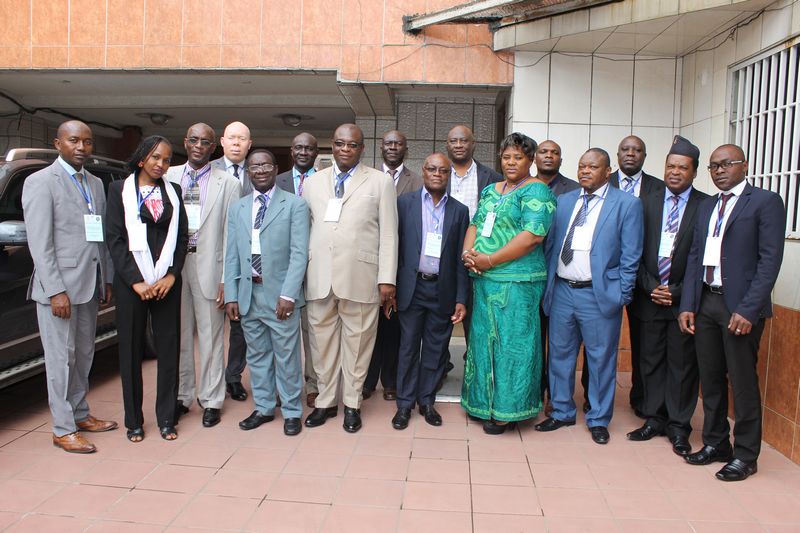The objective of this workshop was to mobilize ECCAS experts to advocate for the reshaping of hydrological standards and to assess the implementation of activities related to transboundary aquifers in the region.
Following the debates, experts noticed that reshaping hydrological standards/norms was justified by the inadequacy and inadaptability of hydraulic infrastructures to climate change. These are due to the old and lapsing data for guides and charts enabling the construction of hydraulic infrastructures. Therefore, this phenomenon required a new model for shaping hydraulic structures.
At the end of the workshop, recommendations were made to ECCAS and UNESCO to:
- Assist Central African States in setting up IPH Committees;
- Associate transboundary basin organizations in the process of reshaping hydrological standards;
- Mainstream climate change in the framework of reshaping hydrological standards;
- Ensure the inter-operability of the database of the joint management platform of transboundary aquifers with the ECCAS regional database on water
